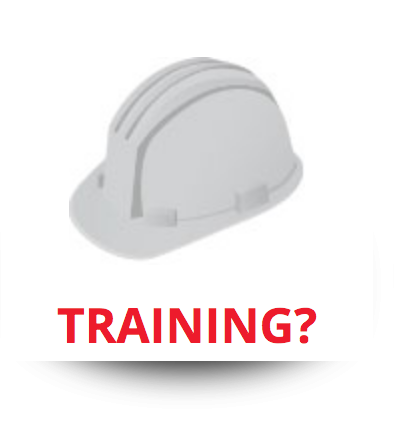
04 Mar Practice And Training For Success
In almost every profession practice makes perfect. There’s a belief that it takes ten-thousand hours to be considered an expert at something; on the jobsite, that’s a lot of time and energy, devotion. So, when it comes to operating a forklift, becoming an expert takes time. And while driving a forklift may appear to someone without experience as being similar to driving a car, it’s not. In fact, one the biggest differences that separate the forklift from some other types of powered machinery—like the automobile—is that a forklift only has three points of suspension. That doesn’t sound like a big difference, but the balances of operation between a forklift and an automobile are different—a forklift is much easier to turn over.
That’s why practice is so important. Knowing how the machine works, getting a feel for subtle nuances in its operation. In a warehouse, a forklift operator who misjudges a turn, or who fails to pay attention to the aisle width may turn the forklift into something and do damage to the warehouse or even to him or herself. But the forklift operator who has the mindset of practice, who has practice with the machine and the aisle width, and who carries that mindset over to his or her busy work, will, hopefully, have less a chance of having an accident in the workplace.
Getting to know the forklift is important, and there are a few different ways that employees can accustom themselves each and every day; help to get themselves in the mindset of doing things correct. First, each and every day the employee can do a check on the forklift. Inspect the fluid levels, condition of the tires, the built-in safety devices, and the general condition of the forklift. This daily inspection will acquaint the employee with his or her machine, and it will also make sure that the machine is working optimally.
Anderson Forklift carries a number of new and used forklift of different sizes and styles to suit any warehouse operation.




No Comments